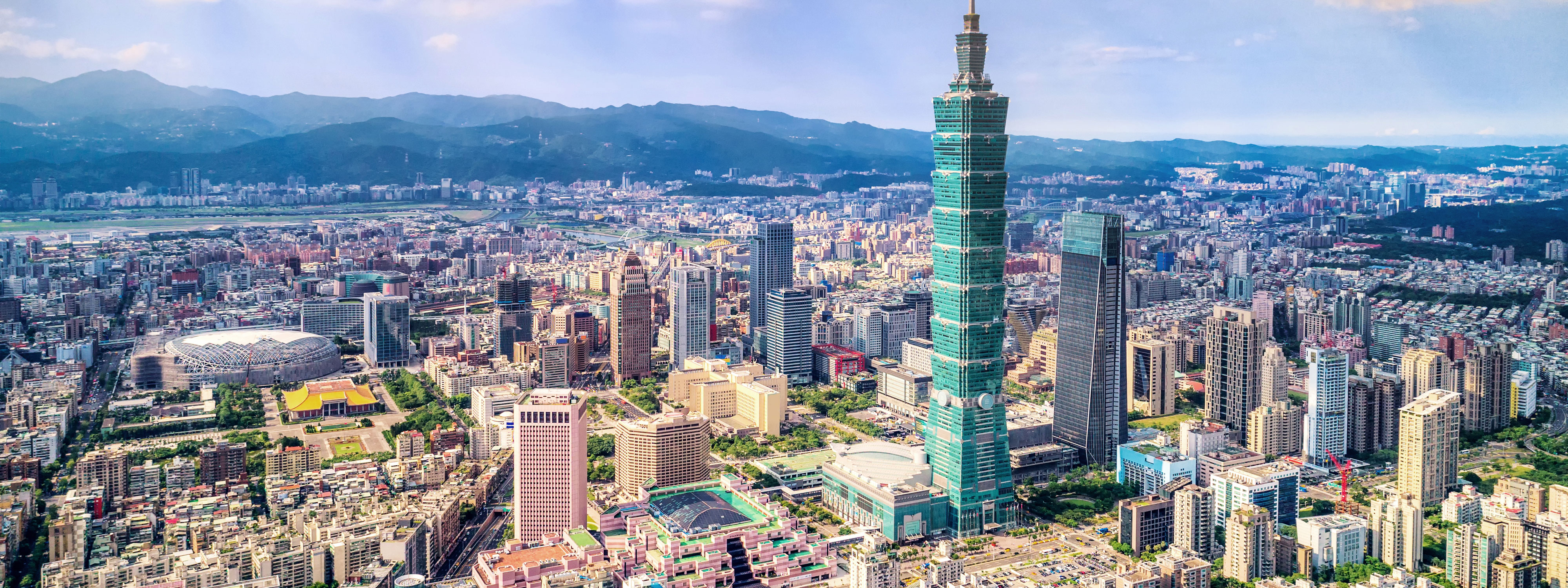Brazil has become more noted for crises than commerce in recent years. The extensive money laundering and corruption scandal, and subsequent criminal investigation known as “Operation Car Wash,” coupled with a weak economy to taint the country and discourage foreign investors.
Overall deal value and volume have been stagnant, with US$41.7 billion from 334 deals—a long way off the US$88.3 billion high set in 2011. The fall in inbound investment has been particularly pronounced, with value down 57% from US$34.8 billion three years ago to just US$15.1 in 2018. Inbound volume also plummeted to its lowest level since 2010, with only 120 deals announced last year.
Economic growth has also slowed: GDP in Q4 expanded by just 0.1%, down from 0.5% in the previous quarter, the slowest quarter since 2017.
The tide may be turning, with renewed attempts to court inbound investment. The first quarter of 2019 saw a marked increase on the previous two in terms of inbound deal value. The new regime, under President Jair Bolsonaro, is promoting a commercial agenda that includes a renewed focus on privatizations. Given the quantity and quality of assets that could come onto the market, the government’s new focus is likely to spark renewed interest from foreign dealmakers in the world’s eighth-largest economy.
Estimates vary on how much the privatization program could bring into the country, with some stating as much as US$214 billion. But given that the government (federal, state and municipal) has stakes in 418 companies in a wide variety of sectors, the value of deals could be even higher. Brazil has more state-owned enterprises than any other country in the Organization for Economic Cooperation and Development (OECD)—second is Hungary with 370, while Latin American neighbor Mexico has just 79.
These public assets cover a wide variety of sectors including transportation, oil & gas (O&G), metals and mining and financial services. Auctions are already underway for several prize assets.
In March, companies battled it out to win operational rights to three airport blocks across the country. The final US$630 million sale was far above the original asking price of US$56 million. Swiss firm Flughafen Zurich won the auction of the block of airports in the southeastern region, while Spain’s Aena won the bid for the northeastern block. A local consortium won the right to operate airports in the west of the country.
The auction was seen as a test of Bolsonaro’s privatization agenda and, given the fierce competition and hefty valuations, foreign bidders appear keen to stake their claim in the country again. The administration has also promised auctions of assets owned by state O&G firm Petrobras and utility provider Electrobras, as well as further airport auctions and tenders for railways, ports and mineral rights.
The key to achieving success in the privatization drive will come from the remodeled Investment Partnership Program (IPP). The IPP’s main goal is to expand and accelerate private participation in public enterprises.
Despite early successes, the privatization program faces a range of challenges. The public is fiercely pro public ownership—an Ipsos poll in November 2018 revealed that only 17% of Brazilians are in favor of privatizing public companies. Given that millions of Brazilians rely on the state for a living, the benefits of privatization are a hard sell to unions and workers. But the recent series of successful bids suggests that Bolsonaro is already on the road to achieving his goal of privatizing Brazil's state-owned entities.





